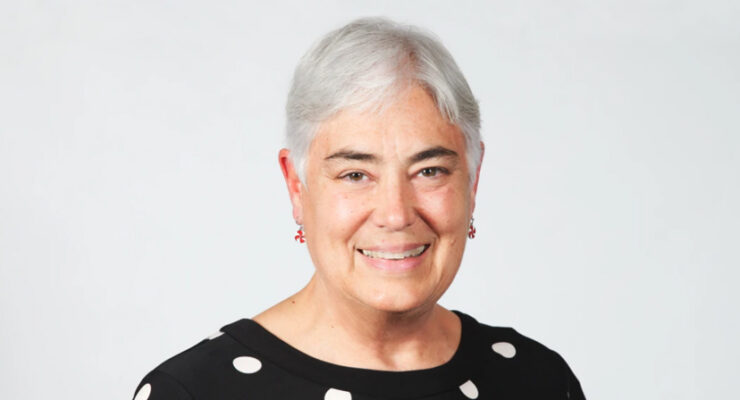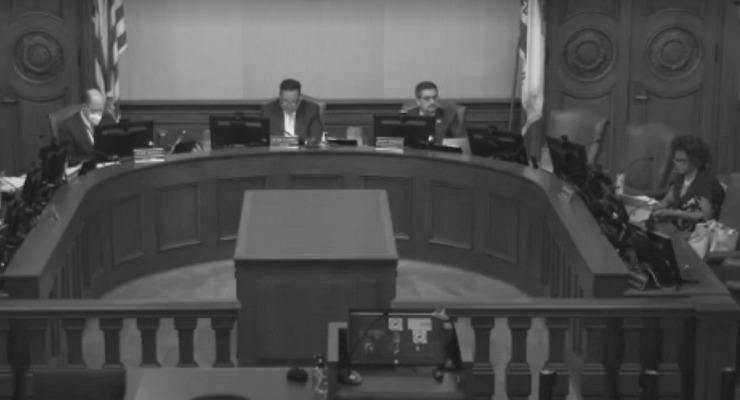
In the early morning on May 12, 1942, Hatsuye Egamis wrote the following her diary:
“Since yesterday we Pasadena Japanese have ceased to be human beings – we are now simply numbers or things. We are no longer ‘Egamis’ but the number 23324. A tag with that number is on every suitcase and bag. Even on our breasts are tied large tags with this same number – 23324! Again, a sad and tragic feeling grips my heart!”
The family took a taxi to California Street — it was changed to California Boulevard in 1958 — before boarding a train to a camp.
The family was among the 120,000 transported to relocated camps after the United States was plunged into World War II.
“It was a deluge of sad faces,” Egamis wrote. “Beautiful city. Educational city. City of the Rose Parade. City that has been friendly to the Japanese to the last! This is our last morning with Pasadena! Whether we laugh or what we do — it is no use now!”
On Thursday, California lawmakers apologized for the atrocities committed by the state against Japanese Americans like the Egamis during World World II when the Assembly unanimously passed a resolution and welcomed several people who were imprisoned in the camps and their families.

The resolution cites federal and state laws passed as early as 1913 that discriminated against Japanese people before issuing an apology:
“To all Americans of Japanese ancestry for its past actions in support of the unjust exclusion, removal, and incarceration of Japanese Americans during World War II, and for its failure to support and defend the civil rights and civil liberties of Japanese Americans during this period.”
“This is the right thing to do,” Councilman Gene Masuda said earlier this week. “But my parents and my grandparents’ generation, they are not here any longer, so they don’t get to appreciate this apology.”
Masuda’s parents, Sam and Alice, were among thousands of Japanese Americans rounded up and held in “relocation centers” until the war ended.
After being taken to the Santa Anita Racetrack in Arcadia, the couple was eventually separated. His father was sent to another relocation camp, Manzanar, in Owens Valley, and his mother, pregnant at the time with Gene’s older brother, interned at Tule Lake.
Yesterday, Gov. Gavin Newsom declared a Day of Remembrance when President Franklin D. Roosevelt signed an executive order in 1942 that led to the imprisonment of Japanese Americans across 10 camps in the U.S.
Senators will take up a version of the resolution later this year and send it to the governor to sign. The resolution does not include compensation.
In 1983, a congressional commission ruled that detentions were carried out as a result of “racial prejudice, war hysteria and failure of political leadership.”
Five years later, the U.S. government formally apologized and paid $20,000 in reparations to each victim.
The Evacuation Diary of Hatsuye Egami can be purchased on Amazon.
















